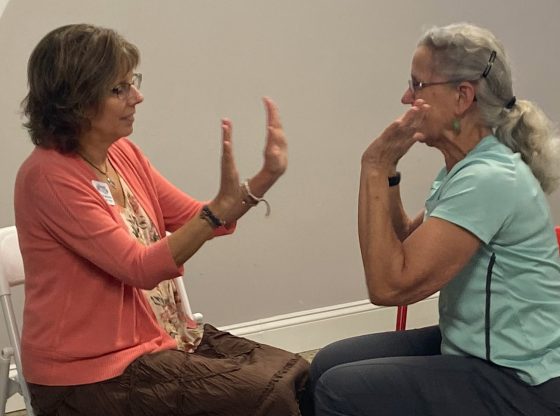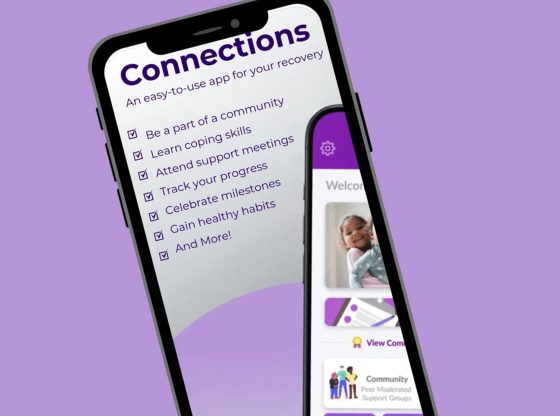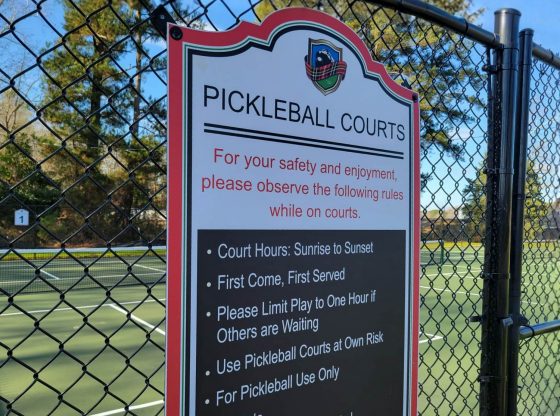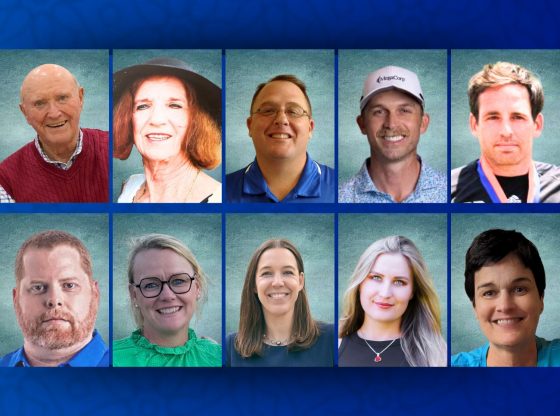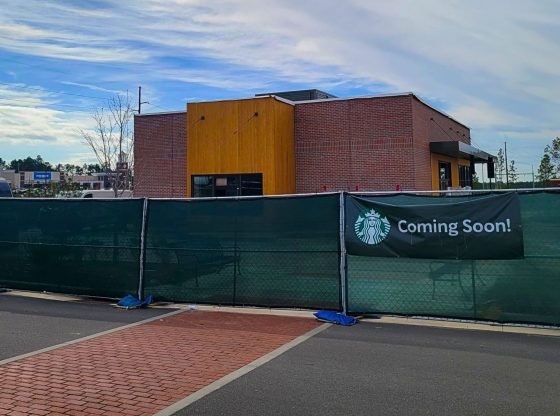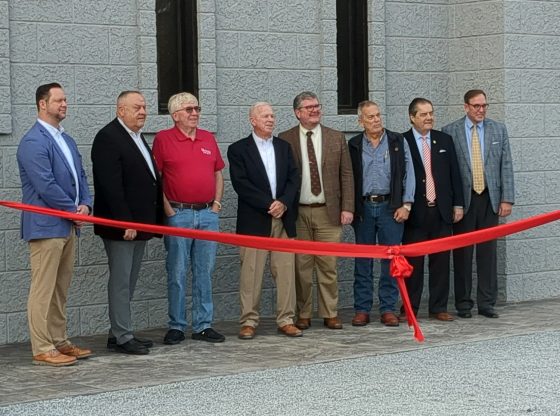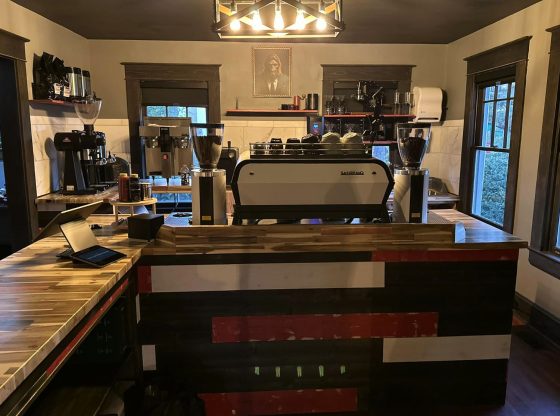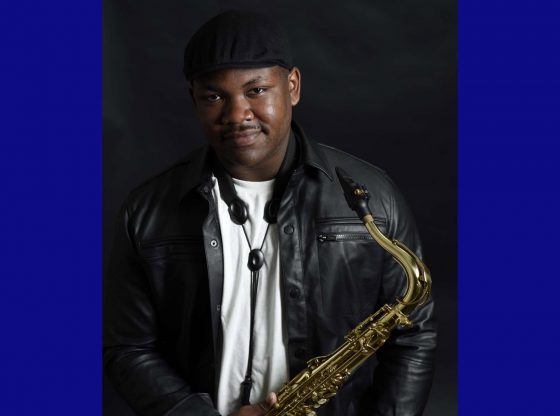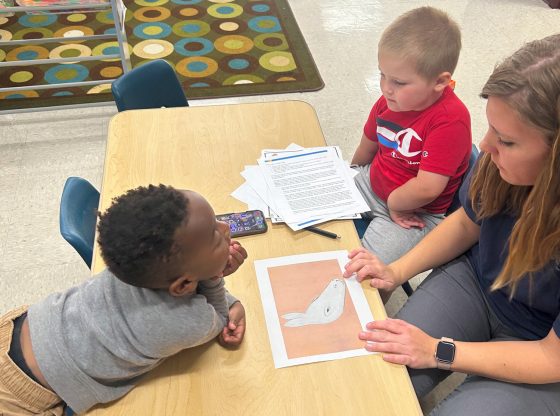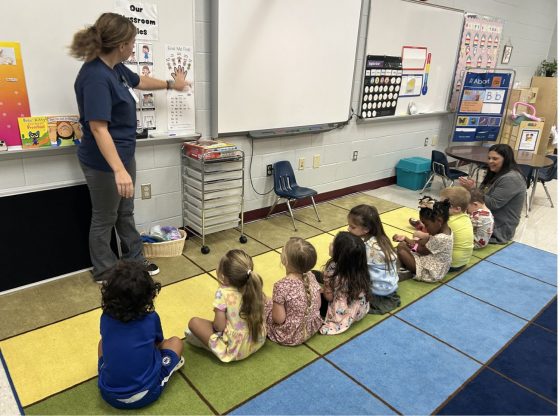In September, The Engaged Brains Project launched in Moore County to improve the lives of people living with dementia. A grant from the Reid Fellowship for Healthcare Transformation through The Foundation of FirstHealth has provided funding for the project, which is led by board-certified neuropsychologist Karen D. Sullivan and 60 community dementia champions, including Rev. Colette Bachand, an Episcopal priest, dementia specialist and chaplain at Penick Village in Southern Pines.
The Engaged Brains Project is creating awareness and providing education about dementia, teaching skills for journeying with those experiencing brain change, and providing support to families and loved ones on the dementia journey. Bachand is launching a listening tour to learn more about how dementia is experienced in the African American community of Moore County. Through real stories of real people and real families, she hopes to add new insights to the countywide conversation. Prior to joining Penick Village, Bachand worked with clergy and churches across the country to create “Dementia Friendly Congregations.”
“The Engaged Brains Project would not be complete without this type of inclusion efforts,” said Sullivan. “We know that communities experience significant healthcare disparities. We need to understand them better at the local level, so we can provide more personalized brain health care to everyone.”
According to the National Institute for Aging, Black people in America are 35 percent less likely to get the diagnosis of dementia that they need. Early and accurate dementia diagnoses are essential for all markers of quality of life in dementia care.
Using the power of active listening and qualitative research, Bachand hopes to better understand and document the joys and challenges of dementia specific to African American families in Moore County. She hopes to learn what concerns are specific to African American families and how loved ones are cared for in the community. In turn, she will provide families and communities with resources for support, education and care. She hopes to later expand the study to include other racial and ethnic minority groups.
“If people aren’t getting the right diagnosis or the right information, it’s hard to imagine how they can find the best way forward,” said Bachand. “People and families often feel so alone and isolated by dementia’s progression. Sharing experiences doesn’t make dementia go away, but at least reminds us that we are not alone.”
Bachand intends to partner with area families, churches and community centers to engage in these listening and learning conversations. She is available to churches throughout Moore County for a free presentation on: “What Is Dementia? Caregiver Challenges and Spiritual Care for Those Living with Dementia.”
For more information or schedule a presentation, contact Bachand at [email protected] or call 617-922-9664.
Feature photo: Rev. Colette Bachand, left, of Penick Village completed the Positive Approach to Care training with renowned dementia advocate Teepa Snow, OT, in Hillsborough earlier this year through The Engaged Brains Project, which is funded by the philanthropy of The Foundation of FirstHealth. One of Bachand’s community impact projects will be a listening tour focused on better supporting the dementia care needs of African American communities in Moore County.
Contributed article and photo.


